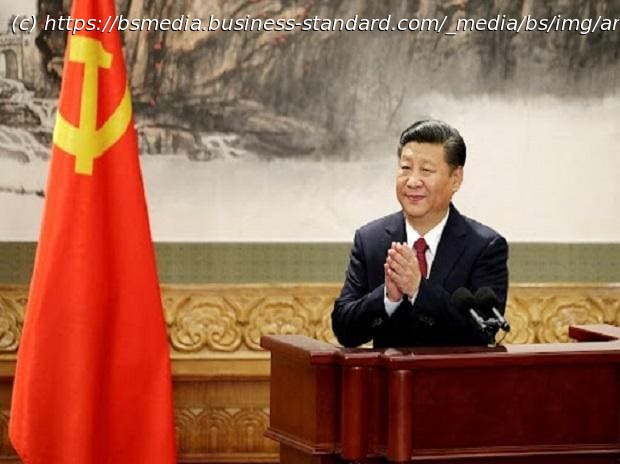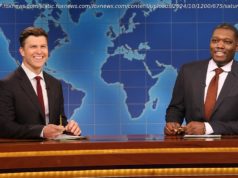Array
Chinese President Xi Jinping called for accelerating the building of a world-class military while touting the fight against Covid-19 as he kicked off a Communist Party Congress by focussing heavily on security and reiterating policy priorities.
Xi, 69, is widely expected to win a third leadership term at the conclusion of the week-long congress that began on Sunday morning, cementing his place as China’s most powerful ruler since Mao Zedong.
Roughly 2,300 delegates from around the country gathered in the vast Great Hall of the People on the west side of Tiananmen Square amid tight security and under blue skies after several smoggy days in the Chinese capital.
Xi described the five years since the last party congress as “extremely uncommon and abnormal”, during a speech that lasted less than two hours — far shorter than his nearly three-and-a-half-hour address at the 2017 congress. However, he did not read out the entire work report, as he did five years ago.
“We must strengthen our sense of hardship, adhere to the bottom-line thinking, be prepared for danger in times of peace, prepare for a rainy day, and be ready to withstand major tests of high winds and high waves,” he said.
Xi called for strengthening the ability to maintain national security, ensuring food and energy supplies, securing supply chains, improving the ability to deal with disasters and protecting personal information. The biggest applause came when Xi restated opposition to Taiwan independence.
Goldman Sachs analysts wrote that Xi appeared to use the terms “security”, “people”, “socialism”, “modernisation” and “military” more frequently than he did five years ago. They said the frequency of “‘growth’ and ‘law-based governance’ remained largely stable, while that of ‘economy’, ‘market’ and ‘reform’ declined somewhat.”
In his decade in power, Xi has set China on an increasingly authoritarian path that has prioritised security, state control of the economy in the name of “common prosperity”, a more assertive diplomacy, a stronger military and intensifying pressure to seize democratically governed Taiwan.






